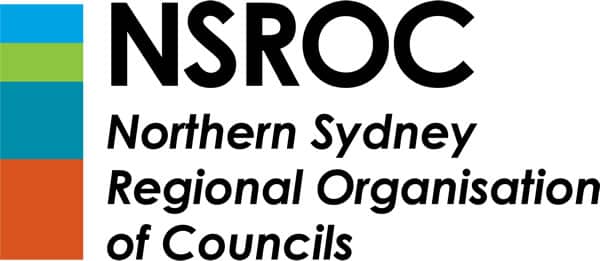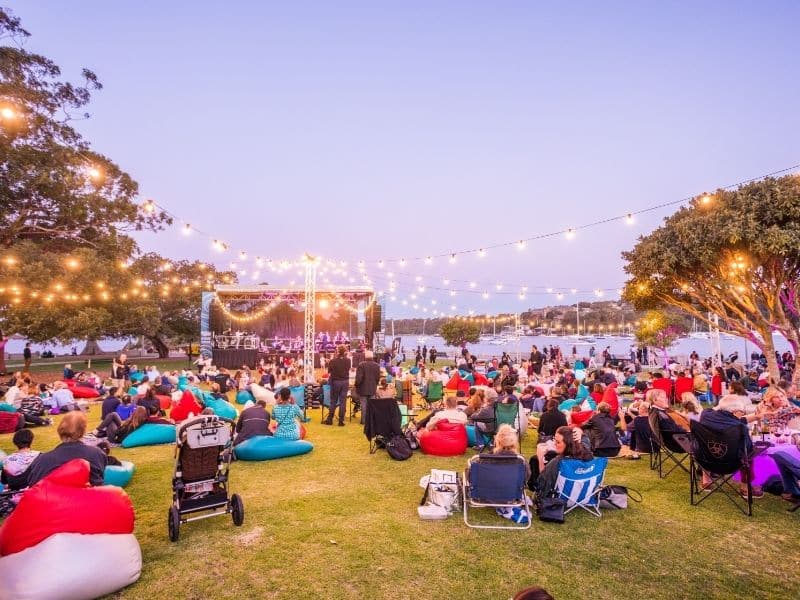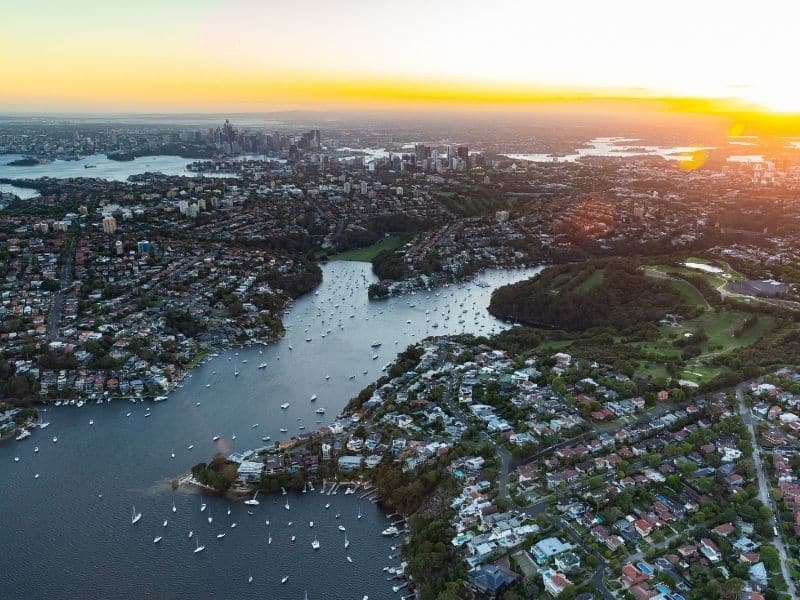NSROC
Northern
Sydney
Regional
Organisation
of Councils
WORKING TOGETHER FOR THE BENEFIT OF THE REGION
The Northern Sydney Regional Organisation of Councils (NSROC) is comprised of eight councils from the northern Sydney area. NSROC member councils are Hornsby, Hunter’s Hill, Ku-ring-gai, Lane Cove, Mosman, North Sydney, Ryde and Willoughby.
By facilitating collaboration between our member councils on projects and shared priorities, NSROC develops regional solutions that generate benefits – social, environmental and economic – not only for individual communities, but for the region as a whole.
Read More
Where we see opportunities for metropolitan synergy and mutual growth, we seek out innovative partnerships with State and Federal departments, charities, community organisations and developers – all with the goal of securing resources that support our local communities.
Visit our community profile to find out more.
STRENGTHENING ADVOCACY AND LEADERSHIP
Our region is diverse and our member councils are united by shared values, concerns and challenges. In particular, councils actively seek to maintain a sense of local identity and to preserve our natural environments, while at the same time unlocking the region’s potential for economic growth.
NSROC represents the region on agreed policy positions by advocating across all tiers of government and other relevant organisations, ensuring the presence of local government is strong and that the needs of our member councils’ communities are heard and understood.
We regularly undertake evidence-based research to develop policy positions that both protect and enhance the liveability, productivity and sustainability of the region. Through information sharing, we are committed to ensuring councils are informed and adequately prepared for changes resulting from government policies that could impact their communities.
PLANNING FOR THE FUTURE OF THE REGION
Our population is growing and technology is ever advancing. To meet the needs and expectations of our communities, the region’s social, cultural, economic and transport infrastructure must also continue to develop.
Read more about our strategies here.
DRIVING THE FUTURE OF WASTE
Collectively, the Northern Sydney region generates over 102,000 tonnes of putrescible waste and 80,000 tonnes of green waste. Optimising regional waste management has become a crucial priority of NSROC, reflecting the increasing desire of our communities to reconcile our impact on the environment and preserve precious natural resources.
We go beyond simply managing waste. We seek out opportunities to co-operate at a regional level, to better utilise our shared resources and drive collective behavioural change – all in service of creating a circular economy that minimises landfill and ensures public health is not compromised. An example of this promise in action is our Community Recycling Centre. Find out more.
The Australian Government has developed the National Waste Policy and Action Plan and NSW has released its Waste and Sustainable Materials Strategy 2041 which sets priorities for the state’s Waste Avoidance and Resource Recovery Strategy from 2022/23 onwards. We are supporting our member councils as they determine how best to meet these new mandates. In November 2022, NSROC adopted the Northern Sydney Regional Waste Strategy 2022-2027.
Read about our waste strategy here.
Organics Mandate
The NSW Net Zero Plan Stage 1: 2020-2030 includes a commitment to achieve net zero emissions from organic waste by 2030. The government will mandate separate collection of food and garden organics from all NSW households by 2030. NSROC and five member councils obtained grants under the Local Council Transition fund to undertake research about collecting food waste from different types of dwellings. There has previously been relatively little local research on food collections in multi-unit dwellings which are common in this region and will be the dominant type of new residential development in future.
The complementary projects were aimed at answering a series of research questions about volume of food waste available in different dwelling types and the degree of contamination that could be expected. One of the councils independently arranged a relatively small pilot of food and garden organics collections from single dwellings.
After two significant delays due to the pandemic, the trials commenced in February and ended in June and July. The learnings and data from the research will provide valuable information for all councils in the region to assist in the future management of food organics.
Some key points from the research data were:
- On average, food makes up about 35% of the mixed waste generated by residential households;
- Over the trial period, most of that food waste actually stayed in the red lid bin not the food bin;
- Between 26% and 47% of the available food was placed in the food bin and this varied by the type of dwelling;
- Houses with a food only collection presented 47% of the available food while houses adding food to the garden organics (FOGO) only presented 34%.
Learnings from the study include:
- The introduction of a food waste service will have a significant cost for waste collection and community education;
- About two thirds of residents in apartments and half those in houses did not participate in separating food waste; and
- On the basis of this trial and the organics processing services which are currently available, the resource recovery of beneficial products from food waste is no better than what would be achieved by the mixed waste (red lid bin) processing through a mechanical biological treatment process currently used by a number of NSROC councils.
or












